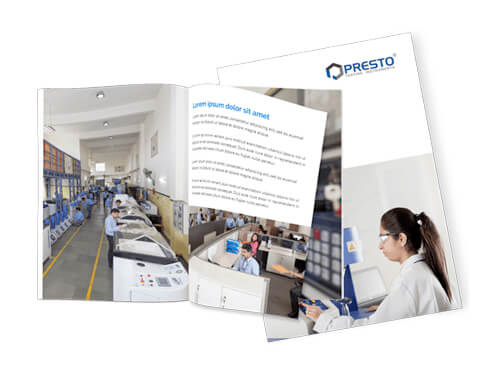Measuring Tensile Strength Of Cables And Wires

Measuring the tensile strength of cable and wires is done majorly in two steps. The very first step involves gathering the initial information on the test sample such as its mechanical behavior, dimension, etc. The second step is the tensile test which leads to the comparison between resultant data and initial records.
Types of Cables on which Tensile Test is performed
After this, the user needs to determine that which type of cable or wire you need to perform the tensile test on. The various types of cable on which the tensile test can be conducted is fine wires, galvanized cable, nylon wire, gold wire, steel cable, stainless steel rope, thin wires etc. and the cables include aircraft control cable, axial cable, automotive wire, battery cable, baling wire, bead wire rubber adhesion, bending cable, cable assembly, braided bridge cable, cable crimp connector, coaxial cable, cable pull test, crimped wires, guide wires, fibre optic cable, solder joint, terminal strand, wire, etc.
Which Type of Information is gathered with Tensile Test?
By measuring the tensile strength of cables and wires, what information or record do you need to report? This is important to the selection of test software. Information like adhesion of rubber wire, bending stiffness, bend test on copper wire, bonding, Cable fatigue, break load strength, cable flexural strength by performing cable fatigue test, mechanical cable test, cable peel bond, cable tensile strength test, cable tension test, etc. is what you need to acquire.
Testing the tensile factor involves determining the standard test method which a user needs to follow to get best and appropriate test results as per the application requirement. Some standard test procedures that are defined by ASTM and ISO clearly explain the detail of testing machine selection and specification of the sample that can be tested efficiently with the instrument.
Standard for Testing Tensile Strength of Copper Wires
ASTM B33 standard is provided to verify the tension strength of copper wires. As per this specification, the copper wire shall conform to the required tensile force. The observance of the type of coating on the wires is clearly specified in ASTM B33, which should be considered before the process of stranding or insulating.
Tensile strength is one of the important properties that explain the mechanical behavior and helps to determine the relationship between product qualities and can bear the external forces that a material can bear to its maximum.
Presto Stantest offers a broad range of tensile test machine with different specifications that can fulfill the testing requirement, you can give us a call at +91 9210903903 or email us at info@prestogroup.com.
Recent News
- Paper & Packaging Testing Instruments
- Paint, Plating & Coating Testing Instruments
- Plastic & Polymer Testing Instruments
- Environmental Testing Chambers
- PET & Preform Testing Instruments
- Color Measuring Testing Instruments
- View Entire Range Instruments

Catalogue 2023
Get information about new product launches, research, innovation and endeavors at Presto.
download Free CopyNeed more information
Connect with us for your business enquiries. Generally we respond within one or two working days.
send enquiriesContact Us
Get a Quote
